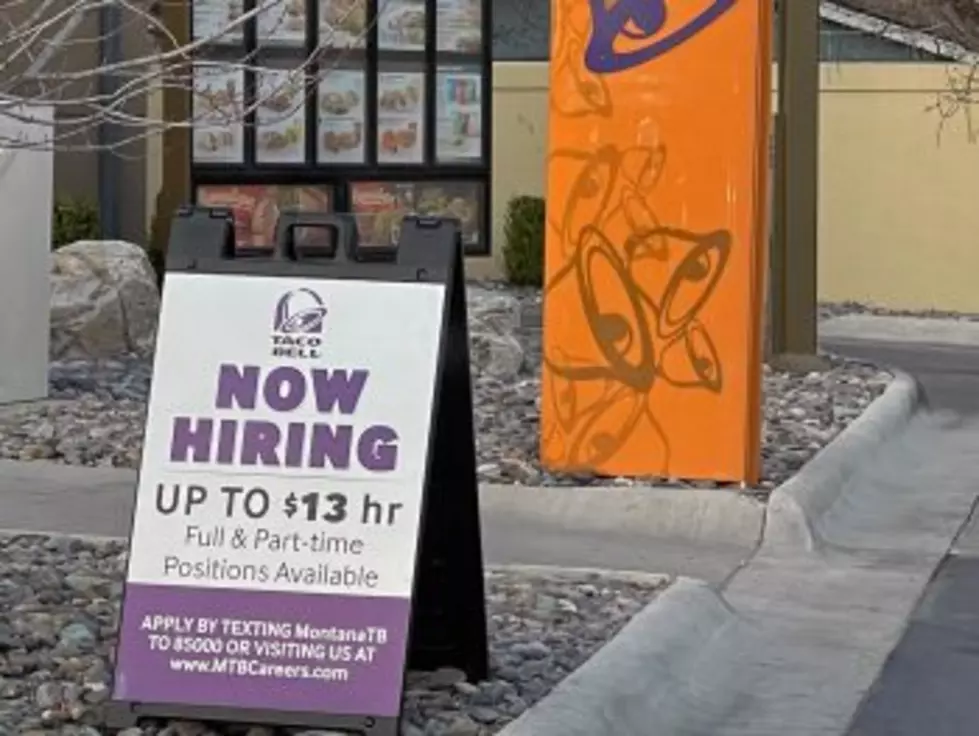
Missoula Economic Partnership: Rising wages, remote work, inflation at play in local economy
Within the daily workings of the local economy, the Missoula Economic Partnership has seen a number of trends emerge that could have uncertain impacts on the city's economic future.
Among them, remote workers, housing, wages and inflation have all aligned to cause concern within the business community.
Grant Kier, president of MEP, met with Missoula County commissioners last week to discuss his organization's new strategic plan. Within that conversation, other issues surfaced including the trend of remote work, the wages it now commands and its potential impacts locally.
Kier cited a Missoula-based technology firm that recently recruited for and hired a senior employee for its data team. The individual moved to Missoula to take the job and start a new career. Both the employee and the employer were excited about the opportunity.
“The employee spent an entire year in Missoula in temporary housing not being able to find a place to live, despite a six-figure salary,” Kier said. “Eventually, the person was approached by a California company and offered a job with more money.”
Kier said the Missoula company had to counter with more pay while also permitting the employee to live in eastern Montana on a family ranch because they couldn't find housing in Missoula. It wasn't an isolated incident, Kier added, and local businesses are now being forced to not only compete on a national level by increasing wages, but also make concessions they may not have considered before.
At times, that may mean the job isn't located in Missoula and the pay is leaving the local economy.
“We're seeing employers who are now realizing they do have to compete with national firms, and they have to dissolve that barrier of whether they live in Missoula or not in order to have people to fill the roles they need to keep their institutions running,” Kier said. “That changes the dynamic so drastically around how firms are behaving.”
Within its new strategic plan, MEP hopes to compile data that captures such topics, though doing so may be difficult. But it could be useful in articulating the shift the organization is seeing unfold in the Missoula economy.
And it's not just tech firms that are competing on a larger stage, Kier noted. Missoula wages have increased an estimated 15% over the past few years – enough to land the city on a number of notable lists for its economic health.
But when businesses raise wages, consumer prices can also increase and recently, they have. From coffee at a local cafe to dinner at a local restaurant, the menu prices have left some with sticker shock.
“I've seen that shift in the past few months, where business owners are much more concerned about inflation and hitting that point of tolerance with people being reticent about seeing more price increases,” Kier said. “Businesses are concerned the wages they've increased for employees haven't kept pace and they can't give more.”
It wasn't always that way, Kier added.
“A year ago, it didn't matter if I talked to a conservative business owner or not, they were really pleased to see wages rising, especially at the lower level,” he said. “But I do feel that over the arch of the last year, we've seen a change in how people are talking about that question.”
Despite such concerns, Kier said MEP will continue pushing to create and attract high-paying jobs. At the same time, it's working to address affordability, particularly around housing.
“We still need to be thinking about wages in a meaningful way. And we need to be thinking about affordability in a meaningful way,” he said. “We can't stop worrying whether the jobs we create in our community are high-paying jobs.”
